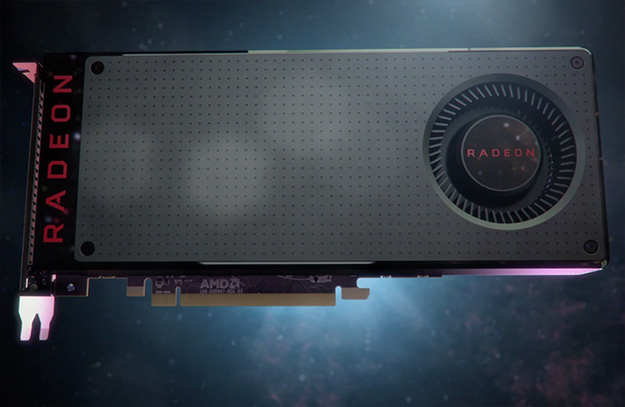AMD’s Radeon RX 580 On Display Via Leaked Ashes Of The Singularity Benchmarks

This is a big year for AMD. The company is releasing a brand new CPU architecture (Ryzen) on March 2 and is currently enjoying tremendous pre-release hype, then later this year it will introduce a new GPU architecture called Vega. AMD fans and the tech community at large are sitting on pins and needles to see how things shake out. However, brand-spanking-new architectures aren't the only things AMD has up its sleeve. Newly leaked benchmarks showing a Radeon RX 580 and Radeon RX 560 suggest a Polaris refresh is in the cards as well.
Interestingly the benchmarks appear to originate from an AMD employee. What they show are completed benchmark runs in Ashes of the Singularity for the two aforementioned cards. Both are accompanied by an Intel Core i7-5820K processor, a Haswell-E chip with 6 cores and 12 threads clocked at 3.3GHz (base) to 3.6GHz (boost), and 15MB of cache. The DirectX 12 benchmark was run at a 1920x1080 resolution.
Starting with the faster of the two cards, the Radeon RX 580 averaged 72.3 frames per second. That is a really good score. We previously reviewed the Radeon RX 480 in a testbed with an Intel Core i7-5820K processor, and while we do not have performance numbers at the same resolution, we did test the card in Ashes of the Singularity at 2560x1440 and 3840x2160. The Radeon RX 480 averaged 29.5 fps and and 23.8 fps, respectively.
Even based on those metrics we can see that the Radeon RX 580 is quite a bit faster. As for the Radeon RX 560, it put on a good showing as well.

Click to Enlarge
The Radeon RX 560 averaged 34.3 fps in the same benchmark, also at 1920x1080. These results have led to speculation on what exactly we're looking at here. Some have surmised that these benchmarks provide an early look at AMD's Vega architecture, though others (including us) believe these cards are revised versions of Polaris. Given the bump in performance, this would give AMD a way to steal some thunder from NVIDIA's upcoming GeForce GTX 1080 Ti launch, which is scheduled for the same day as AMD's Capsaicin event at GDC 2017.
Let the games begin.
Let the games begin.


